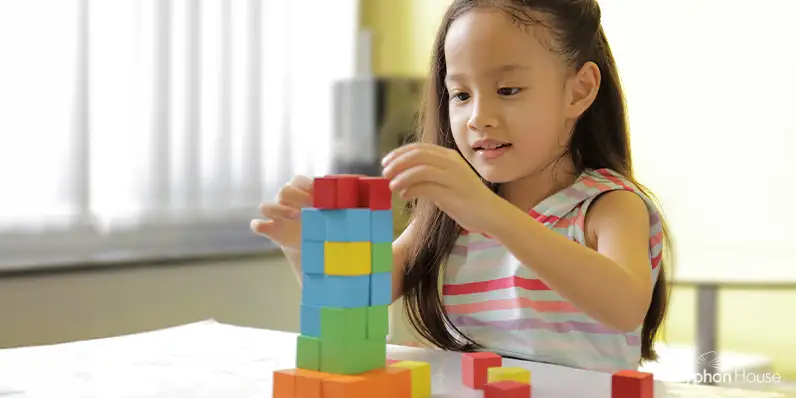
Many teachers may wonder about the importance of science education and math for preschoolers. STEM education is quickly proving to be an important part of education for children of all ages. For example, integrating math education for preschool into your lessons helps expose children to math early on, and keeps them on track for learning more complex concepts as they grow.
In a scholarly article by education experts Douglas H. Clements and Julie Sarama, “Effects of a Preschool Math Curriculum,” the case for making math education a priority in the preschool curriculum is made through the outcomes of various studies testing the true impact of math in preschool classrooms.
Clements and Sarama’s findings can be summarized in three key reasons for supporting the inclusion of STEM in your classroom.
Math has a positive impact on personal development
The results of Clements and Sarama’s educational studies indicate that, when used regularly and introduced as a routine, curriculums that emphasize math prove to be “highly efficacious in helping preschoolers learn fundamental mathematics concepts and skills.” Based on the interests and experiences of children, math curriculums emphasize the personal growth and upward trajectory of young students without diminishing their natural curiosity or spirit. Stretching their minds beyond traditional preschool education, STEM curriculums offer endless opportunities for encouraging creative and critical thinking in young learners, providing them with an early introduction to skills they will rely upon the rest of their lives.
Math helps children develop deeper concepts in other domains, including science and literacy
Implementing techniques such as puzzles, building blocks, and manipulatives, students in a math-based curriculum are encouraged to find new and creative ways to bring math into all areas of their lives. Overall, the basic approach of a math curriculum is to help children find “the mathematics in” other areas of learning and develop an understanding of math from their everyday experiences. This means that the materials used in STEM education are “designed to help children extend and mathematize their everyday activities” from art to story-time. The children observed in the studies conducted showed “a greater increase in the use of more sophisticated numerical strategies and the development of spatial imagery.” Benefitting from the freedom math curriculums allow, young learners are able to explore and apply math to all areas of life, shaping them into well-rounded students.
Math encourages free thinking
Designed with the student in mind, math curriculums are actually flexible and quite different from the often-rigid classroom structure associated with math and science. From creating free-form pictures and working with pattern blocks and tangrams, to using clay cutouts and solving puzzles, math for preschoolers encourages creative thinking and allows children to explore their own way of approaching new concepts and problems. Math education combines fun with learning, letting children use their natural curiosity and interests to develop their math skills in and out of the classroom.
Marketer. Publisher. Reporter. Educator. Mother. Runner. Explorer. Anna served as director of marketing for Gryphon House from Oct 2014 - May 2017.